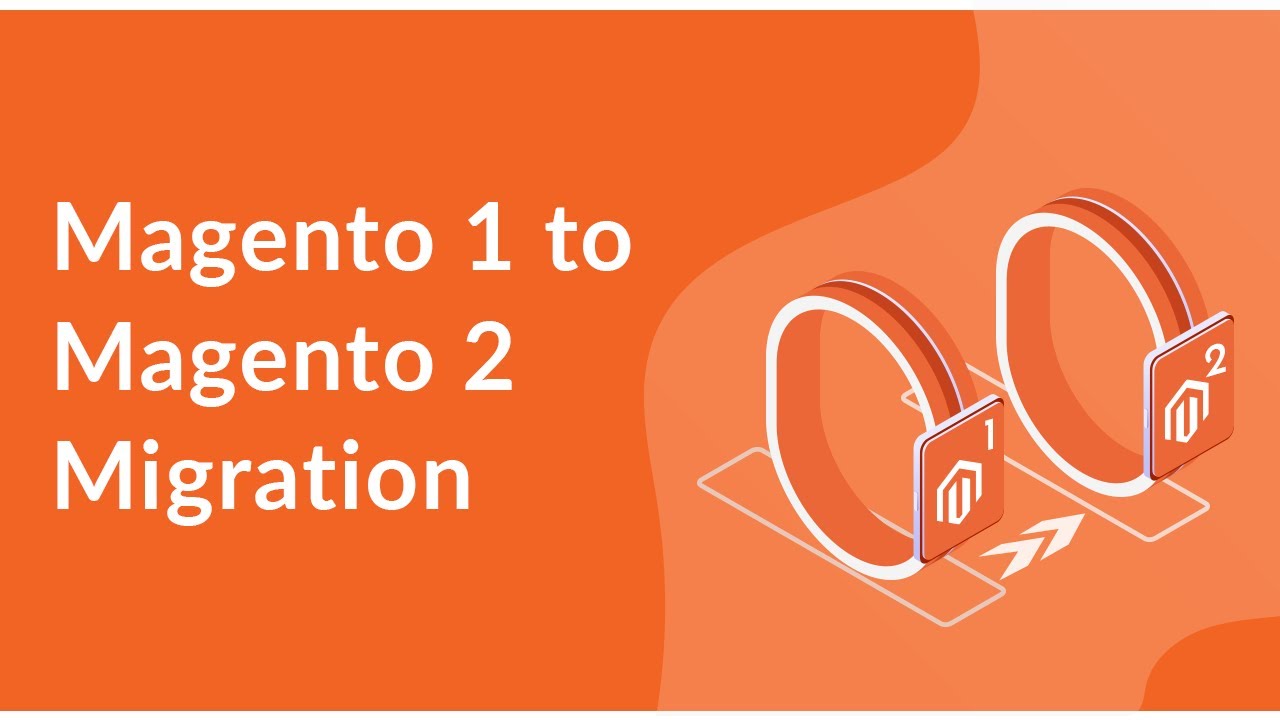Workplace Ethics and Professional Conduct
In today's corporate world, workplace ethics and professional conduct are of utmost importance for both individuals and organizations. Ethical behavior sets the foundation for a positive work environment, fosters trust among employees, and contributes to the overall success and reputation of a company. In this article, we will explore the significance of workplace ethics, the key elements of professional conduct, and how these principles shape the way we work.
Section 1: Understanding Workplace Ethics
Workplace ethics can be defined as a set of moral principles and values that guide an individual's behavior in the workplace. These principles dictate how employees interact with one another, with clients, and with the organization as a whole. While some ethical standards may be explicitly stated in employee handbooks or codes of conduct, many aspects of workplace ethics are driven by an individual's personal moral compass.

- 1.1 Defining Ethical Behavior: Ethical behavior in the workplace goes beyond mere compliance with laws and regulations. It encompasses actions and decisions that are morally right and aligned with the values of honesty, fairness, integrity, respect, and responsibility. It involves treating others with dignity, maintaining confidentiality, and being accountable for one's actions.
- 1.2 The Importance of Ethical Behavior: Ethical behavior is crucial for several reasons. Firstly, it builds trust and fosters positive relationships among employees, clients, and stakeholders. When people know they can rely on others to act ethically, it creates a sense of safety and security in the workplace. Secondly, ethical behavior contributes to the reputation of the organization. Companies that prioritize ethical conduct are more likely to attract and retain customers, investors, and talented employees. Finally, ethical behavior sets the stage for conflict resolution. When faced with challenges or disputes, organizations with a strong ethical framework can refer to established guidelines and procedures to find fair resolutions.
Section 2: The Elements of Professional Conduct
Professional conduct encompasses the behaviors, attitudes, and values that individuals exhibit in their professional roles. It is the embodiment of workplace ethics and plays a significant role in determining one's success and impact within an organization. Let's explore some key elements of professional conduct:
- 2.1 Professionalism: Professionalism is the foundation of professional conduct. It involves demonstrating a high level of competence, expertise, and dedication to one's work. Professionals strive for excellence, take pride in their job, and maintain a positive attitude even in challenging situations. Professionalism also encompasses dressing appropriately, respecting workplace rules, and adhering to professional standards.
- 2.2 Integrity and Honesty: Integrity and honesty go hand in hand in professional conduct. Professionals act with integrity by being honest, truthful, and transparent in their interactions. They uphold ethical standards, even in the face of temptation or pressure. Integrity means doing the right thing, even when no one is watching.
- 2.3 Respect and Courtesy: Respect and courtesy are essential components of professional conduct. Professionals treat others with respect, regardless of their position or background. They listen actively, value diverse perspectives, and foster an inclusive work environment. Courtesy involves being polite, considerate, and mindful of others' feelings. It contributes to effective communication and positive relationships.
- 2.4 Accountability and Responsibility: Professionals take accountability for their actions and decisions. They accept responsibility for their work, meet deadlines, and deliver on their commitments. They take ownership of their mistakes, learn from them, and strive for continuous improvement. Accountability also involves acknowledging the impact of one's actions on others and taking steps to rectify any harm caused.
- 2.5 Confidentiality and Privacy: Maintaining confidentiality is an integral part of professional conduct. Professionals handle sensitive information with care, respecting the privacy and confidentiality of clients, colleagues, and the organization. They understand the importance of protecting confidential data and adhere to legal and ethical guidelines surrounding privacy.
- 2.6 Continuous Learning and Growth: Professionals are committed to lifelong learning and personal growth. They actively seek opportunities to enhance their knowledge, skills, and expertise. They stay updated on industry trends, embrace new technologies, and adapt to changing environments. Continuous learning not only benefits the individual but also contributes to the success and innovation of the organization.
Section 3: The Impact of Workplace Ethics and Professional Conduct
The presence of strong workplace ethics and professional conduct has a profound impact on individuals, organizations, and society as a whole. Let's delve into the various ways these principles shape the way we work:

- 3.1 Individual Growth and Success: Adhering to workplace ethics and professional conduct enables individuals to develop a strong professional reputation and build trust with colleagues, clients, and superiors. It establishes a solid foundation for personal growth, career advancement, and professional success. Individuals known for their ethical behavior are often sought after for leadership roles and receive opportunities for growth and development.
- 3.2 Positive Work Environment: Workplace ethics create a positive work environment where individuals feel respected, valued, and supported. When employees adhere to ethical standards, it fosters trust, collaboration, and teamwork. It reduces conflicts, promotes open communication, and encourages a sense of belonging. A positive work environment contributes to employee satisfaction, productivity, and overall organizational success.
- 3.3 Organizational Reputation and Trust: Organizations that prioritize workplace ethics and professional conduct build a strong reputation for integrity and trustworthiness. This reputation attracts customers, clients, and investors who value ethical business practices. It also enhances the organization's relationships with stakeholders, regulatory bodies, and the community. A positive reputation contributes to long-term success and sustainability.
- 3.4 Ethical Decision-Making and Problem-Solving: Workplace ethics provide a framework for ethical decision-making and problem-solving. When faced with ethical dilemmas, professionals can refer to established guidelines, codes of conduct, and organizational values to make informed and morally sound decisions. Ethical decision-making promotes fairness, justice, and ethical consistency within the organization.
- 3.5 Social Responsibility: Workplace ethics extend beyond the boundaries of the organization. Ethical organizations embrace social responsibility and contribute positively to society. They prioritize environmental sustainability, diversity and inclusion, philanthropy, and ethical business practices. By acting responsibly, organizations can make a meaningful impact on society and earn the trust and loyalty of customers.
Section 4: Implementing Workplace Ethics and Professional Conduct
Implementing workplace ethics and professional conduct requires a collective effort from individuals, leaders, and organizations. Here are some key steps to foster a culture of ethical behavior:

- 4.1 Clearly Define Ethical Standards: Organizations should establish clear ethical standards through codes of conduct, employee handbooks, and training programs. These standards should outline expectations, values, and behaviors that align with the organization's mission, vision, and core principles. Clear communication of ethical standards is essential for all employees to understand and follow.
- 4.2 Lead by Example: Leaders play a crucial role in promoting workplace ethics. They should lead by example and demonstrate ethical behavior in their own actions and decisions. By modeling integrity, professionalism, and accountability, leaders inspire others to follow suit. Leaders should also create an environment that encourages open dialogue and the reporting of ethical concerns.
- 4.3 Training and Education: Organizations should provide regular training and education on workplace ethics and professional conduct. This training should cover topics such as ethical decision-making, conflict resolution, confidentiality, diversity and inclusion, and the consequences of unethical behavior. Training programs help employees understand the importance of ethics and equip them with the skills to navigate ethical challenges.
- 4.4 Establish Reporting Mechanisms: Organizations should establish confidential reporting mechanisms, such as ethics hotlines or anonymous reporting channels, for employees to report ethical concerns or violations. This encourages a culture of transparency and accountability and allows for the timely investigation and resolution of ethical issues.
- 4.5 Reward Ethical Behavior: Recognizing and rewarding ethical behavior reinforces its importance within the organization. Organizations should acknowledge and celebrate employees who consistently demonstrate ethical conduct. This can be done through formal recognition programs, performance evaluations, or other incentives that promote and reinforce ethical behavior.
- 4.6 Regular Evaluation and Adaptation: Workplace ethics and professional conduct should be regularly evaluated and adapted to changing circumstances. Organizations should solicit feedback from employees, conduct ethical audits, and assess the effectiveness of ethics programs. By continuously improving and adapting ethical practices, organizations can maintain a culture of integrity and relevance.
Choosing the right eCommerce platform is not a one-size-fits-all decision. It requires careful consideration of your current and future needs, as well as the resources available to you. Look for a platform that offers a powerful online storefront, a supportive community, networking opportunities with other industry brands, and access to expert advice and guidance.
While there are many eCommerce platforms available, Shopify stands out as a popular choice for brands across industries. With its user-friendly dashboard, a wide range of plug-and-play apps, and a partner directory for development and design, Shopify has become the backbone of many successful online businesses.
Conclusion
In conclusion, workplace ethics and professional conduct are essential for individuals, organizations, and society as a whole. Adhering to ethical standards promotes trust, respect, and accountability in the workplace. It contributes to individual growth, organizational success, and a positive work environment. By implementing and fostering workplace ethics, organizations can build a strong reputation, attract top talent, and make a positive impact on society. Embracing ethical behavior is not only the right thing to do, but it also serves as a foundation for long-term success and prosperity in the corporate world.








